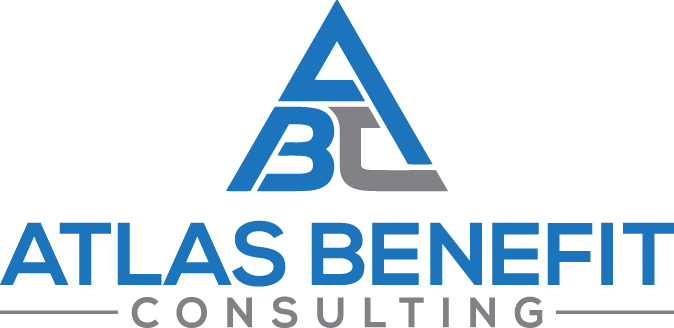Below you will find some of the most common questions Veterans have regarding their disability status. If you have a question you would like to an answer to, please email beVETstrong@gmail.com and one of our consultants can help.
1. Who is eligible to receive VA disability benefits?
If you were wounded, injured or became ill while on active duty, or a condition was made worse by active military service, then you may be entitled to service-connected disability benefits. These basic criteria establish whether you are eligible under the VA’s basic definition of a veteran:
- You have served in any branch of the military – US Army, Navy, Marine Corps, Air Force, or Coast Guard
- Your service was considered “active”
- Under what circumstances you were discharged
2. What is a service-connected disability?
A disability is considered service connected if you can prove it occurred as the result of injuries or sickness that you had while serving in the armed forces. Service connection can involve a condition you had prior to service that was made worse by the rigors of active duty. Conditions can also be established as secondary to a service-connected illness or disease. Conditions that result from the use of drugs and alcohol are excluded from service connected disabilities.
3. How is the amount of monthly compensation payment determined?
The VA calculates the monthly payment amounts based on the degree your disability would impair the average person earning a living wage in the United States. As a veteran, your individual earning ability is not taken into account at all. A rating system – called the Schedule for Rating Disabilities – is used to categorize a veteran’s degree of disability resulting from service-connected injuries.
VA has established 10 grades of disability. These grades are: 0%, 10%, 20%, 30%, 40%, 50%, 60%, 70%, 80%, 90%, and 100%. The higher the disability evaluation grade, the higher the veteran’s monthly payment.
4. Are any veterans benefits available to family members?
In some cases, veterans’ benefits may be available to dependents of a living veteran who is unable to support them, or to surviving family members of a veteran who has passed away. Benefits can include: death compensation, death pension, accrued benefits, and dependency and indemnity compensation (DIC).
5. Will I have to pay taxes on veterans disability compensation?
No. Veterans disability benefits are tax-free.
6. What mental disorders are eligible for VA compensation claims?
Eight categories of mental disorders are eligible for VA disability compensation:
- Schizophrenia and Other Psychotic Disorders
- Delirium, Dementia, and Amnestic and Other Cognitive Disorders
- Anxiety Disorders
- Dissociative Disorders
- Somatoform Disorders (A disorder where a person has certain physical symptoms of a medical condition, but tests do not reveal that they actually have that condition)
- Mood Disorders
- Chronic Adjustment Disorder
- Eating Disorder
Because of so many issues that are particular to mental disorders, these disability claims are often very challenging, and difficult to have properly diagnosed. You must decide what mental disorder you are seeking benefits for.
7. What determines whether I’m eligible for PTSD disability?
The VA has a series of strict criteria in place to determine the validity of PTSD-related disability claims. These rules can be tough to navigate, but a qualified consultant/lawyer can see you through the process and help you obtain the benefits you deserve. If you are a veteran and are experiencing one or more of the symptoms listed below, you may be eligible for veterans’ benefits on the basis of a PTSD diagnosis.
- Emotional numbness for a long period after the traumatic event
- Survivor’s guilt
- Nightmares about and flashbacks to the traumatic event
- Difficulty sleeping and concentrating
- Strong reactions to sounds mimicking the traumatic event
- Difficulty reconnecting emotionally with friends and family
- Generalized anxiety, nervousness, or depression
8. Can my VA disability ratings be increased ?
Yes. If you believe the level to which you are disabled has increased, you may return to the VA and ask for your disability rating to be reevaluated. It is a good idea to submit medical and treatment records to the VA to prove that your condition has worsened.
9. Do Disabled Veterans Qualify for VA Loans? And where do I apply for a home loan?
You must complete VA Form 26-1880, Request for a Certificate of Eligibility for VA Home Loan Benefits, and submit it to the VA Eligibility Center along with acceptable proof of service as described on the instruction page of the form. You may also obtain a Certificate of Eligibility for VA Home Loan Benefits on eBenefits.
Disabled veterans who have VA loan entitlement are absolutely eligible for a VA loan. Nothing about your disability rating by itself is going to negatively affect your chances. In fact, VA lenders can count disability income as effective income toward a mortgage, and borrowers with a service-connected disability are exempt from paying the VA Funding Fee.
10. Is there an online database for all available resources?
For the most part, yes. The National Resource Directory is a searchable database for military and veteran use. It can be found here. Your local VA may have a list of any benefits specific to your area.


